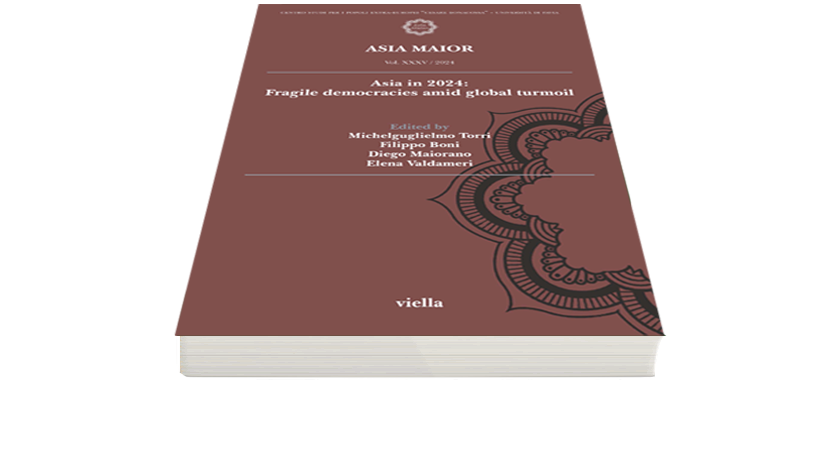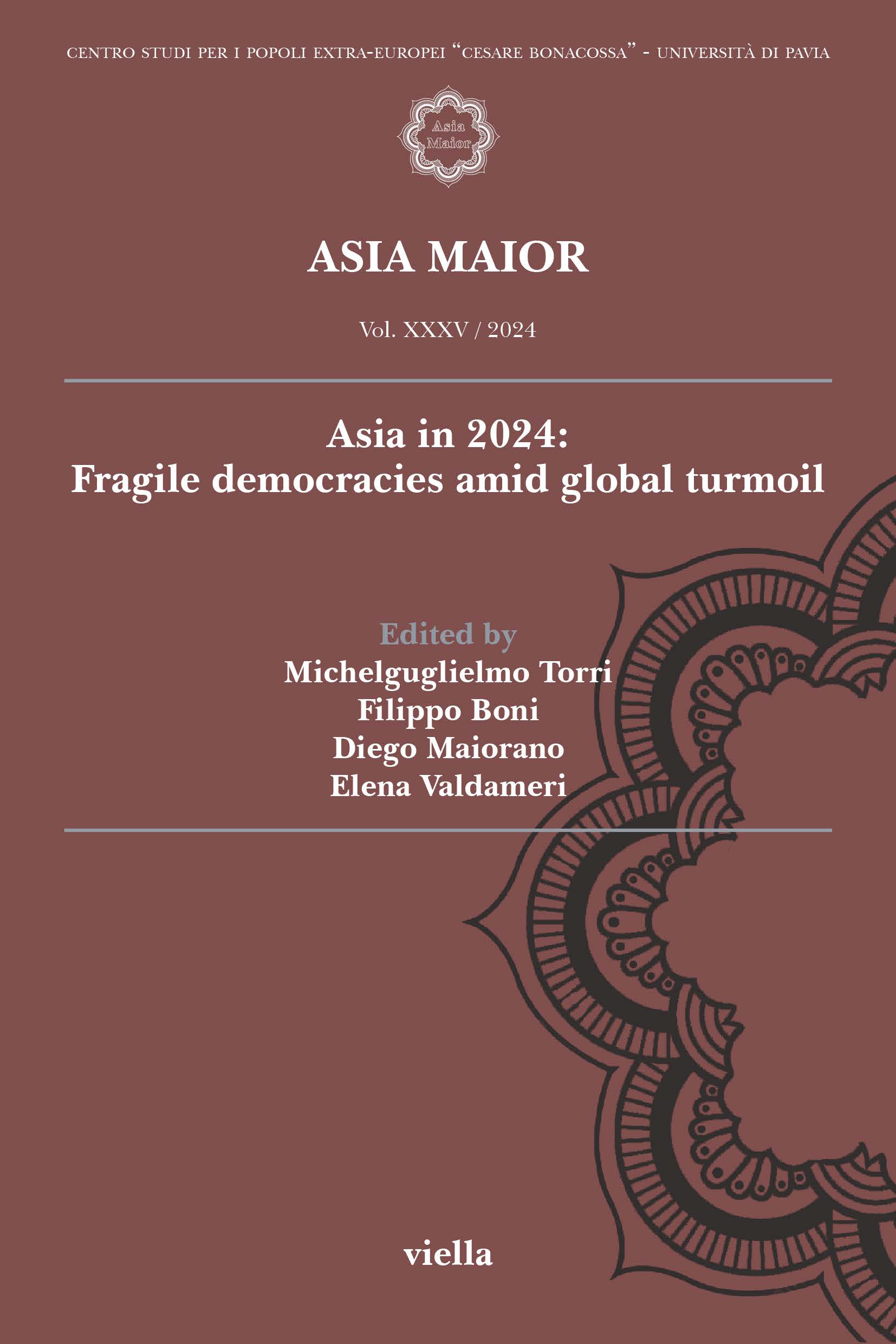Pakistan 2016: Economic features
Available also in pdf – Download Pdf –
This essay analyses the predominant domestic and foreign policy events that occurred in Pakistan in 2016 through the lens provided by the country’s main economic developments. With the aims of decreasing the fiscal deficit/GDP ratio and following the guidelines of the international financing institutions, Pakistan was implementing structural reforms aimed at increasing tax revenue, cutting public expenditures, easing the market interest rates through liberalisation measures, and improving the performance of the energy sector. Among these reforms, particularly the one related to the revenue system was highly needed. The description of Pakistan’s overall taxation system and its features, given in this essay, provides also the background to contextualise the Panama Papers scandal that hit Pakistan and its Prime Minister in the year under review. In 2016, concessional loans, while resulting in steady, but mild growth, did not ensure a long-term positive trend of sustained growth or of improvement of the economy of the country at large. In the fiscal year 2016-2017, high budgetary allocations were confirmed for the defence sector, whose outlay was raised of about 18%. Over the years, costly military interventions launched to combat internal anti-government armed militancy have had a negative impact on Pakistan’s economic growth in terms of resource reallocation, military expenditures, and the contraction of trade, business activities, and investments at large. Yet, military operations brought back under the control of the Security Forces areas which were the most volatile before the Army interventions. In 2016, fewer militants’ attacks than in the previous year were recorded, mostly against soft targets like academic institutions. Foreign relations were characterised by the deterioration of Islamabad’s ties with Washington and New Delhi. At the same time, regional political realignments provided an unprecedented economic opportunity to Pakistan, with China becoming the leading economic partner of Islamabad. However, the relations with China were challenged by armed militancy and unrest, potentially capable to undermine the economic alliance of the two Asian countries.









































